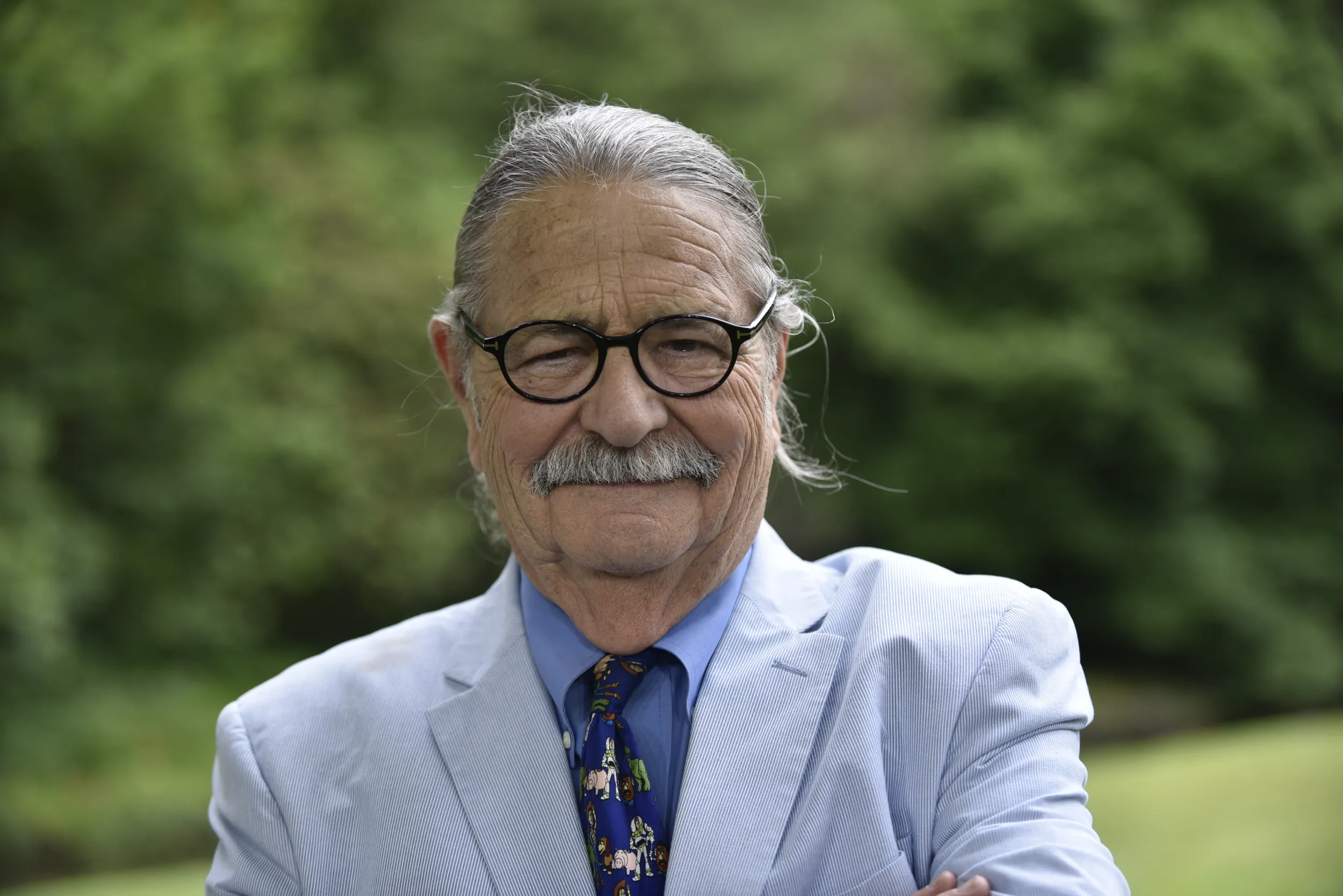GUEST: As far as I know, it's an 1896 salesman's model of a Case Agitator threshing machine. And that's the original box that it was set for 86 years on a shelf in. Where that guy got it from, I don't know.
APPRAISER: And how did you happen to come by it?
GUEST: About eight years ago, I'd seen it for the first time. A guy just said, "You've got to see this." And I wanted to buy it off him, and he said no. He said, "Let's just put it back on the shelf." And about a couple of months ago, he calls up and I got it.
APPRAISER: Really?
GUEST: Yeah.
APPRAISER: Tell me, what did you pay for it?
GUEST: I gave $3,500 for it.
APPRAISER: Well, it is a Case thresher. J.I. Case went into business in 1844, and they were one of the great thresher machine makers. They started off obviously much smaller scale than this, and this was sort of the ultimate thresher. So the bundles go in here, and the chains pull them up, and this mechanism cuts the strings so everything goes down in here.
GUEST: Through the cylinder.
APPRAISER: Here, it goes into the agitator, which separates the oats from the chaff. The oats go down and they come up this tube, it weighs it, and it tells you how many bushels they got, goes out in here, out of the tube and into the wagon.
GUEST: Correct.
APPRAISER: And the chaff goes out on a stacker off into the field, which actually goes out that way.
GUEST: Right.
APPRAISER: It's an extraordinary piece of machinery. It started in Racine, Wisconsin, ended up... I think they were building them in Chicago, even, but this is absolutely fantastic. I love salesman's samples. What's great about a salesman's sample is it is functional. And we can also see in here, you can go inside and actually see the mechanism so when they show this to the farmer, they can show him exactly how it's going to work. That's the beauty of these things. And here it is in the original crate so they could ship it off to agricultural shows and show exactly how it worked. I love toys when they're in the original boxes, but to have something like this in the original box, and it still has the shipping tags over here. Well, salesman's samples do very well at auction. Agricultural salesman's samples are among the best at auction.
This is one of the best, if not the best, agricultural salesman's sample I have ever seen. Some of the things, though, that can affect value are size. There's a lot of people who can't handle this. So I'm going to say, at auction, I'm going to have kind of a wide range… but my estimate on this, an auction value would be somewhere between $10,000 and $20,000, and I think it would be closer to the $20,000 than the $10,000.
GUEST: Appreciate that!
APPRAISER: And I really appreciate your bringing it in, because it wasn't easy.
(laughing)



